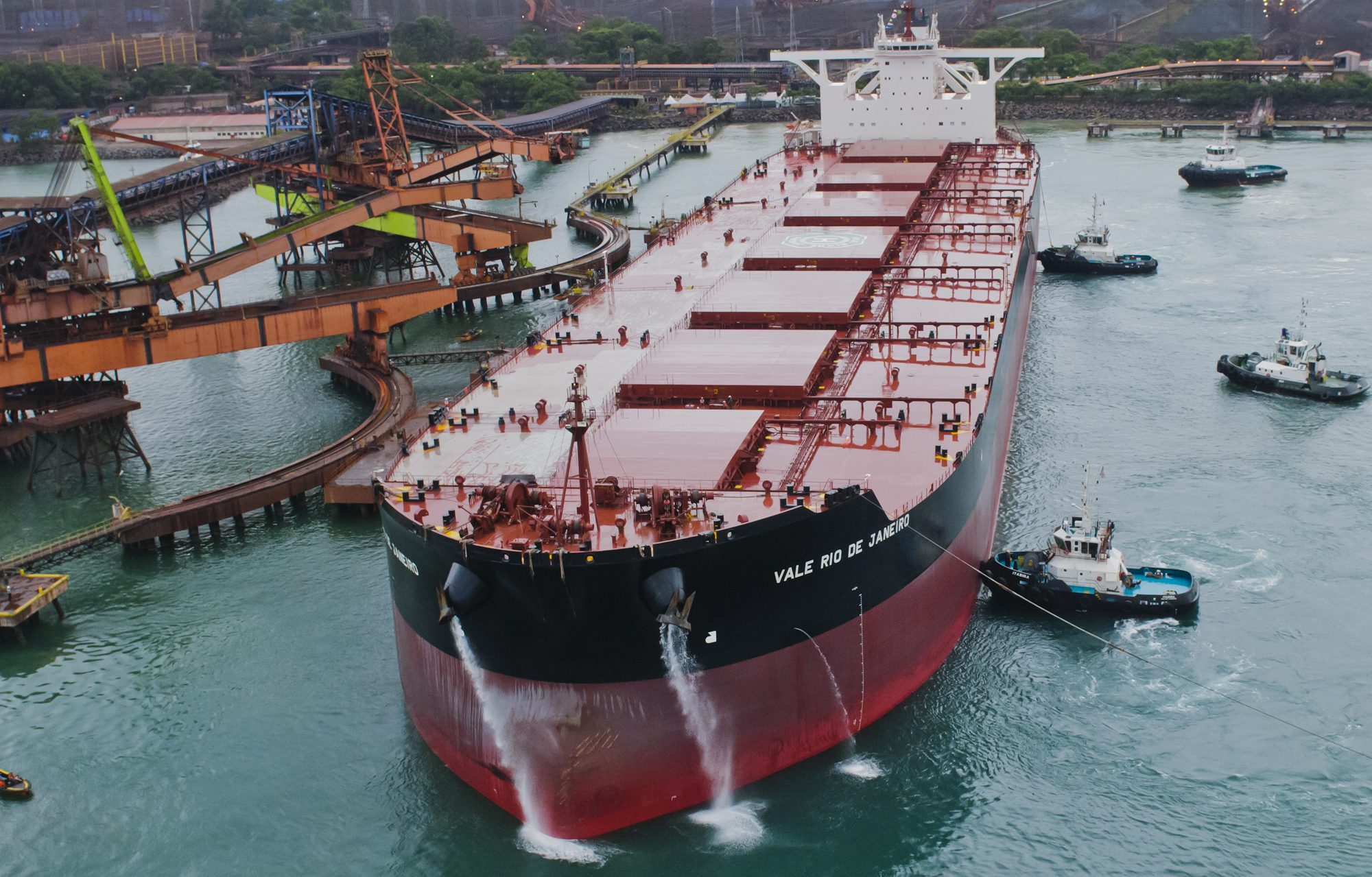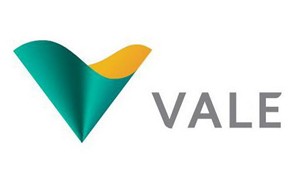Major Cocaine Bust: UK Border Force Seizes Record Shipment at London Gateway
In one of the UK’s largest drug seizures of the past decade, UK Border Force officers have seized cocaine with an estimated street value of £96 million (USD 130 million)...

 Interview with Vale’s Executive Director for Ferrous and Strategy, José Carlos Martins
Interview with Vale’s Executive Director for Ferrous and Strategy, José Carlos Martins
By Yuan Han, via Vale S.A.
On one Saturday in July forty years ago, a freighter loaded with iron ore manufactured by Vale departing from Brazil, travelled nearly 20 thousand kilometers and finally arrived at China’s Tianjin Port. This trade between China and Brazil in 1973 was called the “ice-breaking trip” by the scholars who study the history of Sino-Brazilian economic and trade relationship. It was at that time that Sino-Brazilian relationshad a new starting point.
China and Brazil established formal diplomatic relations in 1974. According to Chinese customs statistics, the bilateral trade volume was merely USD 17.42 million in that year and the volume in 2012 reached USD 85.716 billion, which makes the growth of Sino-Brazilian trade the fastest among the BRICS. China has surpassed U.S. and become the largest trade partner, export destination and import source for Brazil. Meanwhile, Brazil is also ranked in the top ten largest trade partners for China.
José Carlos Martins, Executive Director for Ferrous and Strategy at Vale, stated in a recent interview at their headquarters in Rio de Janeiro that the development of Vale’s trade with China in the last 40 years represents the development of Sino-Brazilian economic and trade relationship and more importantly, it is also aligned with China’s economic development. Especially in the past decades, Vale’s roadmap is closely connected with China’s development.
“In the past 40 years, we have transported 6,200 vessels of up to 1.1 billion tons of iron ore to China. The amount of iron ore would be enough to build up 96,000 Eiffel Towers or 17,000 Bird’s Nest Stadiums,” said Mr. Martins.
From Martins’ perspective, the speed of Chinese development is amazing. As a person who spent half of his life traveling back-and-forth between Brazil and China, he has an amazingly deep knowledge in Chinese transportation. According to him, the Chinese railway transportation was relatively backward ten years ago, but now the high-speed rail lines extend in all directions, safe and efficient.
“We can see Vale’s contribution from the development of China’s high-speed railways. And steel smelted from Vale’s iron ore have been widely applied in railways and buildings in China.” He added that despite the long distance, Vale’s products connect the two countries closely, “We transport iron ore, the land of Brazil, to China, and made the iron ore a part of China’s rise. It not only creates tremendous benefits for Brazil and Vale, but also makes great contribution to the development of China.”
In a recent interview with Wall Street Journal, Mr. Martins noted that since he travels to China frequently, he believes that he know more about China than many other economic analysts. In his opinion, he thinks that the country’s high savings rate which will give its government flexibility in controlling economic policy and China’s continued development of urbanization are the two major pillars that support the growth of China’s economic development. He believes that China still has room for improvement as compared to the developed western countries, although its urbanization rate has reached to more than 50 percent, and that China has the capability to achieve the goal.
According to Mr. Martins, the history shows that the demand for infrastructure and steel related products will remain high even for big countries, such as China, whose urbanization rate increased from 50 to 70 percent. This is a fundamental basis for Vale’s optimism towards China’s market.
“Although China’s economic growth didn’t remain at double-digits, I think that 7 percent is already a very reasonable and good growth rate,” said Martins.
According to the latest statistics released by Brazil’s Ministry of Development, Industry and Trade, the value of iron ore exports account for approximately 36 percent of Brazil’s total exports to China, amounting to nearly 170 million tons of iron ore. Among these exports, 88 percent were manufactured by Vale and is almost half of Vale’s global sales volume. “It goes without saying that we are dependent on China market,” said Mr. Martins gratefully.
Mr. Martins disagrees with some claims that Vale is overly relying on the Chinese market. People will understand more if they look closely into the development of global economy and compare the economies of western countries such as the United States and Europe. “It was a great strategic decision to gradually build up a close relationship with China. Would we still have such development if we had chosen the United States and Europe in the beginning? In the long run, China still has great potential.”
Mr. Martins also predicted that as China continues to develop, more Sino-Brazil trades will be conducted in Renminbi directly. This will bring more convenience in Sino-Brazil trades and benefits the trade greatly. In his view, Renminbiis so far the most stable currency among all emerging countries. “It is a natural outcome that Renminbi will become a global currency as China continues to develop.”
Click here to read the Chinese version of this story

Sign up for gCaptain’s newsletter and never miss an update

Subscribe to gCaptain Daily and stay informed with the latest global maritime and offshore news


Stay informed with the latest maritime and offshore news, delivered daily straight to your inbox
Essential news coupled with the finest maritime content sourced from across the globe.
Sign Up